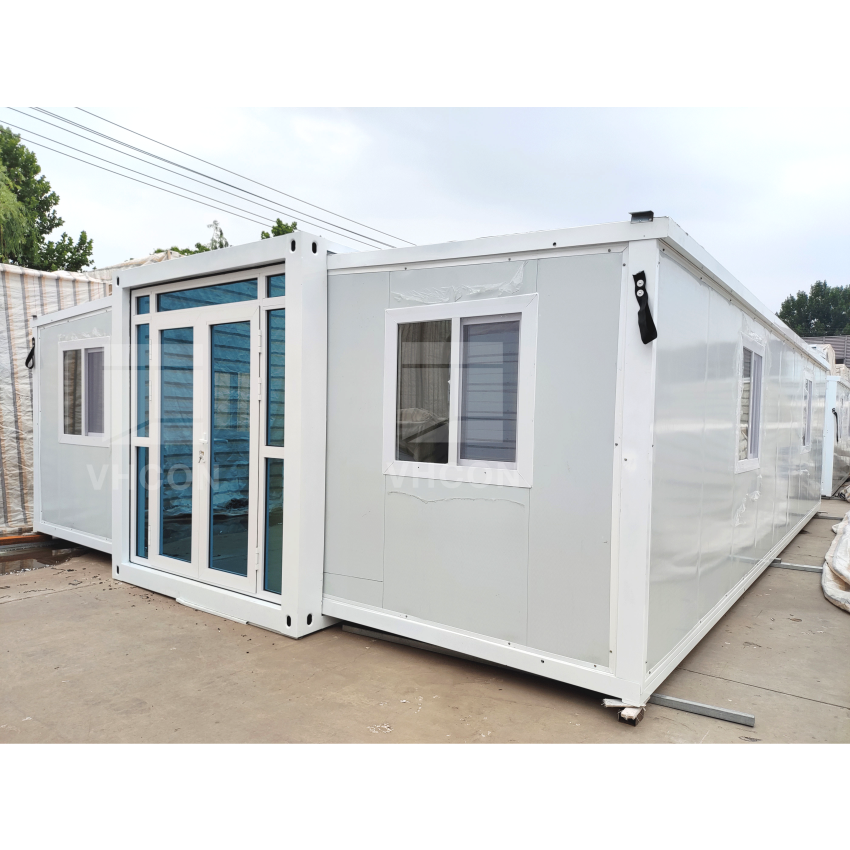With the increasing popularity of alternative housing solutions, expandable container houses have emerged as a versatile and cost-effective option for many. However, questions regarding the waterproof performance of these structures have been raised, prompting a closer examination of their effectiveness in various climates and conditions.
Expandable container houses, characterized by their modular design and adaptability, have garnered attention for their potential to provide sustainable and affordable living spaces. Yet, concerns about their ability to withstand water infiltration have been a point of contention among prospective homeowners and industry professionals alike.
To assess the waterproof performance of expandable container houses, it is essential to consider several key factors. The quality of construction materials, including the integrity of the container walls, roofs, and sealing mechanisms, plays a pivotal role in determining the overall water resistance of these structures. Additionally, the installation process and adherence to proper building codes and standards are critical in ensuring optimal waterproofing capabilities.
Furthermore, the geographical location and climate in which expandable container houses are deployed must be taken into account. From humid coastal regions to arid inland areas, the impact of varying weather patterns and environmental conditions on the waterproof effectiveness of these dwellings cannot be overlooked. It is imperative to evaluate how these structures perform under heavy rainfall, high humidity, and fluctuating temperatures to gauge their resilience against water-related challenges.
In addressing concerns about the waterproof performance of expandable container houses, it is important to highlight the advancements in waterproofing technology and construction practices. Innovations such as advanced sealants, reinforced insulation, and enhanced drainage systems have been employed to bolster the water resistance of these dwellings, contributing to greater durability and longevity.
Moreover, the experiences and testimonials of individuals who have chosen expandable container houses as their primary residences or commercial spaces can offer valuable insights into the practicality of these structures in real-world scenarios. Their feedback regarding water intrusion, maintenance requirements, and overall satisfaction with the waterproofing capabilities of these homes can provide a nuanced perspective on the subject.
As the demand for expandable container houses continues to grow, ongoing research and development efforts focused on enhancing their waterproof performance are underway. Collaborations between architects, engineers, and construction experts aim to refine design elements and implement effective waterproofing strategies, ensuring that these dwellings remain resilient in the face of water-related challenges.
While concerns regarding the waterproof performance of expandable container houses have surfaced, a comprehensive evaluation encompassing construction quality, environmental factors, technological advancements, and user experiences is crucial in gaining a holistic understanding of their efficacy in preventing water infiltration. By addressing these considerations, the potential of expandable container houses to serve as reliable and watertight living and working spaces can be better assessed, ultimately contributing to informed decision-making for those considering this innovative housing solution.
Post time: Nov-11-2023







